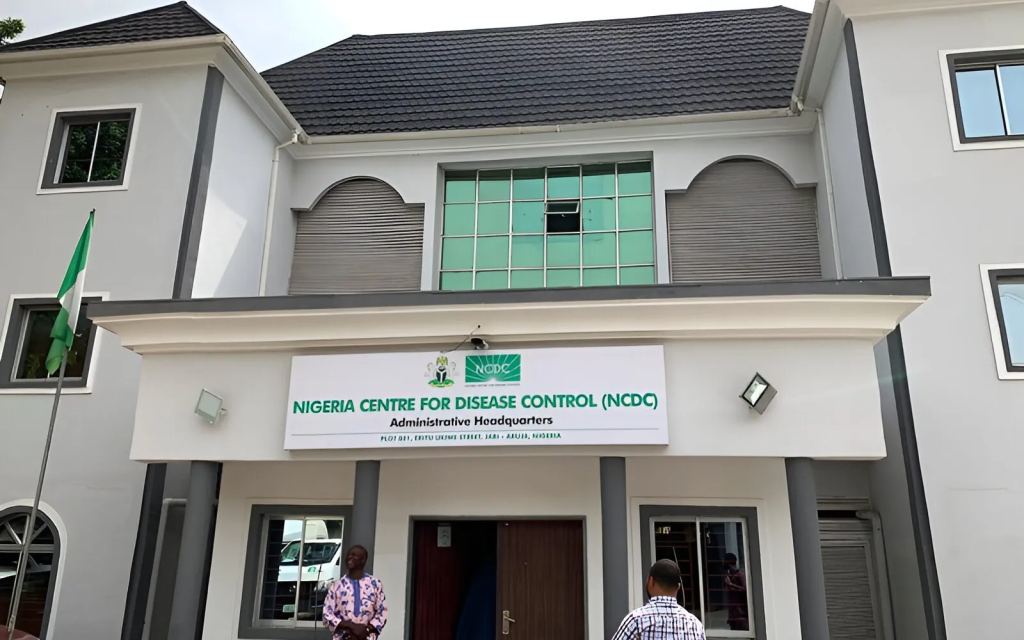
Nigeria Centre for Disease Control and Prevention (NCDC)
The Nigeria Centre for Disease Control and Prevention (NCDC) has raised alarm over the growing threat of antimicrobial resistance (AMR), warning that if urgent action is not taken, the phenomenon could claim up to 39 million lives globally by 2050.
AMR occurs when bacteria, viruses, fungi, and parasites evolve to resist the effects of medicines designed to kill them, making standard treatments less effective and infections harder to cure.
The NCDC stressed that AMR is already one of the leading public health challenges of the 21st century. Currently, drug-resistant infections are estimated to cause 1.27 million deaths worldwide each year, but projections show the toll could rise dramatically in the coming decades.
Health experts warn that if resistance continues unchecked, many common infections — such as pneumonia, tuberculosis, and bloodstream infections — may become untreatable. Even routine surgeries, childbirth, and cancer treatments could carry life-threatening risks.
Nigeria is considered one of the countries most vulnerable to the impact of AMR due to widespread misuse of antibiotics, weak drug regulation, and the circulation of fake and substandard medicines.
The NCDC noted that over-the-counter sales of antibiotics without prescriptions, poor infection prevention in hospitals, and lack of public awareness are fueling the problem.
“Antimicrobial resistance threatens our ability to treat common infectious diseases,” an NCDC official said. “Without urgent measures, AMR could reverse decades of medical progress.”
To tackle AMR, the NCDC called for:
The agency also emphasized the need for a One Health approach, which recognizes the interconnectedness of human, animal, and environmental health in tackling AMR.
The World Health Organization (WHO) has consistently warned that AMR could become the next global health crisis, potentially pushing millions into poverty due to increased healthcare costs and loss of productivity.
If left unaddressed, AMR could undo gains in modern medicine, leaving the world vulnerable to diseases once thought to be under control.